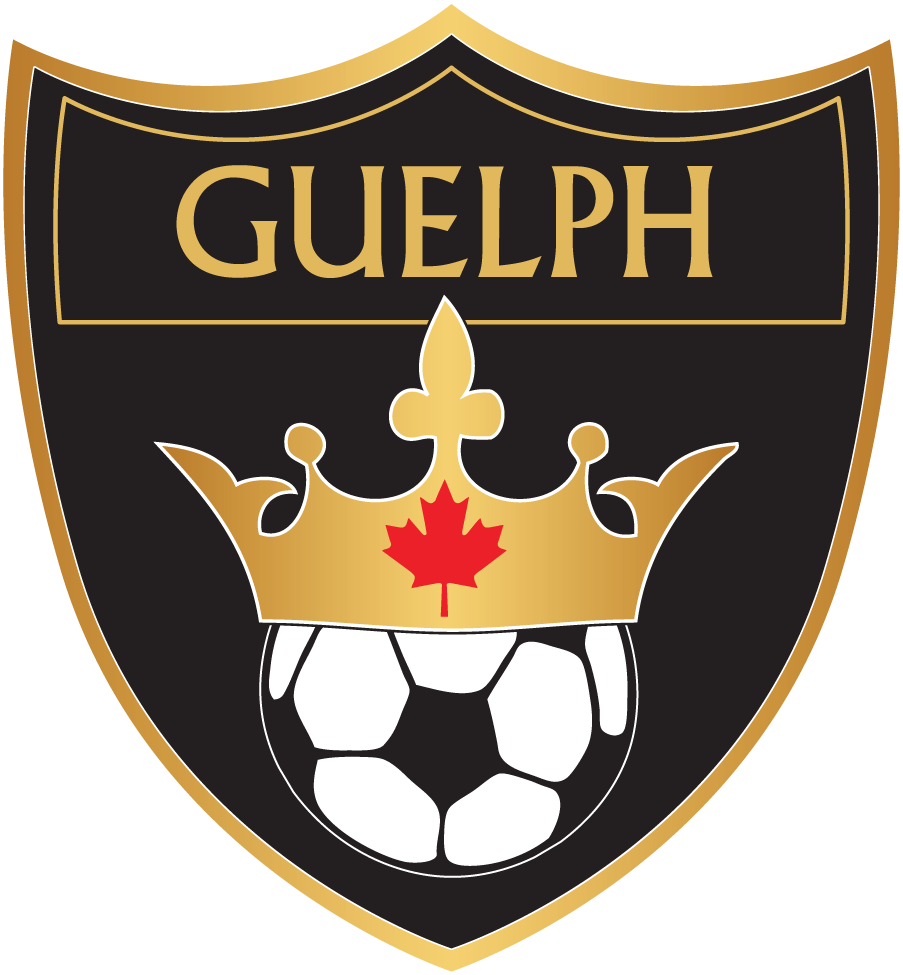Small-Sided Games
Guelph Soccer is a Canada Soccer Member Association Level 2 (MA Level 2) Club Licence holder. The requirements of the MA Level 2 Licence include a progressive set of standards encompassing each of the three levels of the pyramid that outline the governance, operations, development, and financial requirements of the club which includes adherence to the principles of Long-Term Player Development in the design and delivery of its Development Programming at all age groups. As such, Guelph Soccer proudly follows the Canada Soccer Grassroots Standards in the design of its programs.
For young players, early in their physical, psychological, social, and emotional development, the benefits of amended equipment sizes, field dimensions, and the usage of small-sided games are clear.
Amended game formats in training and throughout the playing season provide maximum opportunity for players to develop. Smaller field sizes restrict the distances young players are required to cover while learning the game. An appropriate-sized ball allows players to develop technique with appropriate equipment for their age and stage. Additionally, smaller game formats allow players to interact with the game, make realistic game decisions, and engage within the elements of the game on a continued engagement basis as they are always around the play.
Unstructured play in the form of small, sometimes mismatched team sizes (i.e., 2v1, 3v2, etc.) is frequently used in warm-ups and as part of sessions. These mismatched game formats are vital learning tools for players and replace harmful warmup activities of the past such as players arriving on the field and immediately taking shots before any dynamic warm-up takes place.
Smaller game formats (i.e., 4v4, 5v5, 7v7, and 9v9) allow for more opportunities for players to exhibit technical skills, decision-making processes, and team-oriented positioning.
We believe every member of the Guelph Soccer community has the right to a quality experience and a responsibility to contribute to the well-being of their fellow community members.


